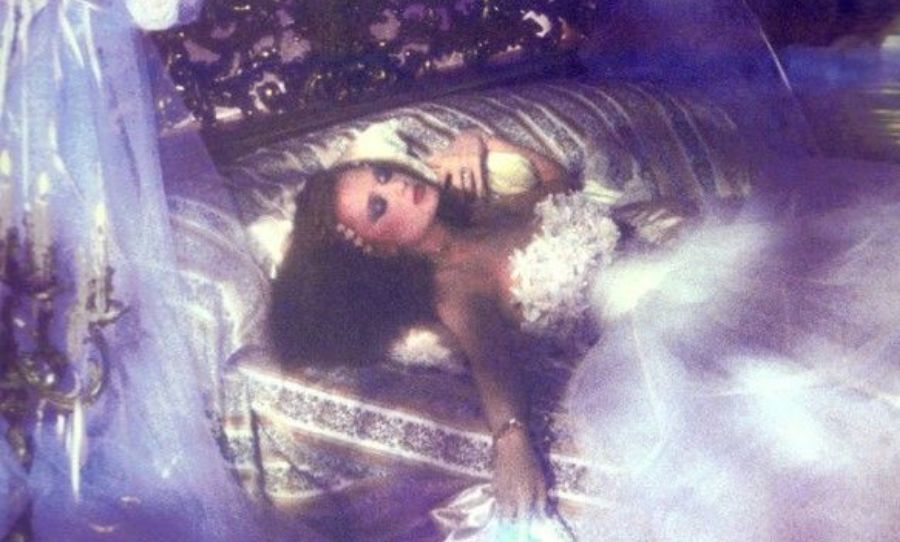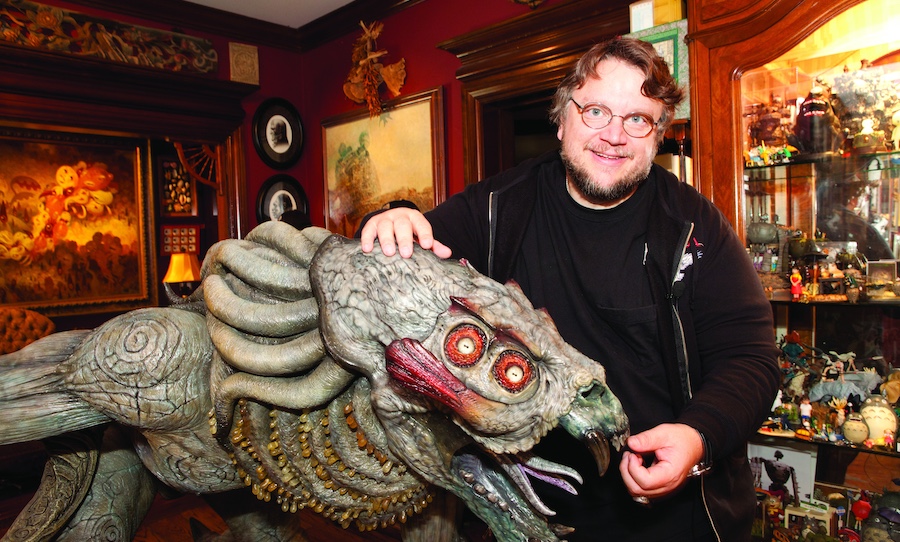Exploring nhentai.net: The Heart of Online Hentai Doujinshi Culture
nhentai.net has become one of the most recognisable platforms in the world of adult manga, particularly for fans of hentai doujinshi. For those unfamiliar, doujinshi are independently created manga, often erotic, that riff on popular anime, games, or entirely original concepts. Unlike mainstream pornographic content, doujinshi frequently blend storytelling, character development, and niche kinks, offering something uniquely tailored to specific fan communities.
At first glance, nhentai’s appeal lies in its simplicity. The interface is clean, fast, and built for browsing. Visitors can search by tags, artists, series parodied, or even language. It’s all driven by a robust tagging system curated by the community, which means users can dive deep into very specific sub-genres or themes. Whether someone’s into magical girls, tentacled horror, sci-fi romance, or slice-of-life erotica, it’s all neatly organised and easy to find.
More than just a hentai archive, nhentai is home to a niche but passionate community. A significant portion of the content is contributed by scanlation groups and independent uploaders who translate, edit, and share doujinshi for global audiences. These fan translators have helped spread the reach of Japanese adult manga far beyond its original borders, and in doing so, they’ve preserved an archive of work that might otherwise be inaccessible outside Japan.
There’s a distinct underground feel to it all. Many of the works on nhentai are by small, sometimes anonymous artist circles. These are not studio-produced manga from big publishing houses, but homegrown efforts—sometimes sweet, sometimes strange, sometimes transgressive—that reflect the broader DIY ethos of fandom. As a result, the site feels more like an art gallery for the weird and erotic than a conventional adult site.
Original illustrators are the lifeblood of this ecosystem. Artists such as Homunculus, Yamatogawa, and Distance, among others, have developed loyal fanbases and helped shape the visual and thematic language of doujinshi. Their work is not just erotic—it’s a crafted, expressive form of visual storytelling. Without these creators, the genre would not exist in any meaningful way. Even as platforms like nhentai thrive on user uploads and open access, the foundation is always the illustrators who build entire worlds in black-and-white panels.
In recent years, the conversation around doujinshi—and adult content more broadly—has shifted with the arrival of artificial intelligence. AI-generated art has exploded in popularity, particularly across platforms like Twitter, Pixiv, and Discord. Prompts can now produce convincing, stylised hentai images that mimic human illustrators with surprising fidelity. Some users experiment with generating their own “doujinshi-style” panels, while others use AI to colour black-and-white pages or upscale low-resolution scans.
While AI promises accessibility and speed, it also introduces real tension into the culture. For many in the doujinshi world, the intimacy and uniqueness of hand-drawn art is central to its appeal. There’s concern that AI-generated content could flood spaces like nhentai, diluting the emotional nuance and technical beauty of true illustration. Copyright is another flashpoint—AI often trains on datasets of human-made art without permission, raising ethical and legal questions that the community has yet to fully confront.
Still, AI is here to stay. Used thoughtfully, it could enhance doujinshi culture rather than replace it. Tools that assist translation, clean up scans, or offer accessibility features for readers are already part of the ecosystem. If balanced properly, there may be space for human and machine-created content to coexist, though the soul of the genre will always reside in the artist’s pen.
From a privacy standpoint, nhentai is relatively lightweight. You don’t need an account to browse or download content, which is a plus for anonymity. But as always with adult platforms, using a VPN, enabling ad blockers, and browsing in incognito mode are smart habits. It’s also worth mentioning that nhentai doesn’t have an official mobile app, so any app claiming to be one is likely fake or risky.
Looking forward, it’s likely that platforms like nhentai will evolve alongside broader shifts in how we consume and distribute adult content. There’s already talk of more decentralised, creator-owned platforms built on blockchain, or ways for artists to monetise their work without relying on traditional publishing. But for now, nhentai remains a fascinating corner of the internet: a place where fans, artists, and erotica converge in all their messy, creative glory.
For those visiting nhentai for the first time, the best advice is to approach with curiosity, respect for creators, and a solid understanding of digital privacy. It’s not for everyone, but it’s also not just smut—it’s a living archive of passion, parody, and the strange brilliance of erotic fandom.



